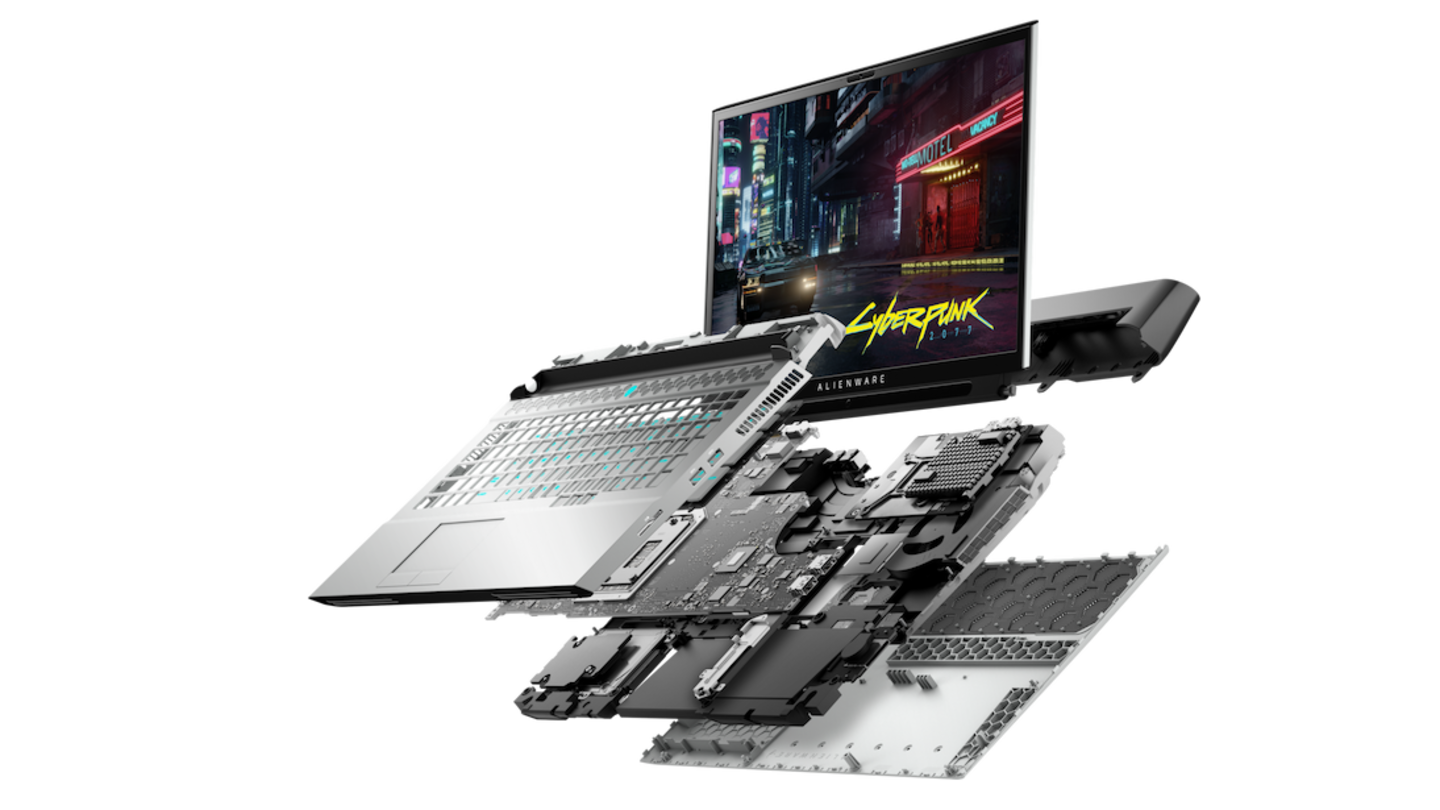Class-action lawsuit alleges Dell misled buyers with 'unprecedented upgradeability' claims
What's the story
Apple makes it clear that to get an upgrade, customers have to buy a new MacBook. Meanwhile, in 2019, Dell's subsidiary Alienware launched the Area-51m R1 laptop claiming that it offered "unprecedented upgradeability".
A distraught customer has filed a class-action suit against Dell over the "false and misleading" marketing that promised the laptop's core components could be upgraded in the future.
Details
2020 laptop components weren't available as upgrades for 2019 variant
Dell's Alienware Area-51m debuted at CES 2019 with 8th and 9th-generation Intel CPUs (including the i7-8700, i7-9700K, and i9-9900K processors) mated to NVIDIA's RTX 2070 and RTX 2080 GPUs.
When the Area-51m R2 laptop launched in 2020, its internals including the 10th generation Intel CPUs, RTX 2070 Super, and RTX 2080 Super GPUs weren't available as upgrades for the R1.
Information
Plaintiff is seeking damages, attorney fees for himself, other customers
The Verge reported that Alienware customer Robert Felter has sued the company in California court. Felter alleged that Dell "intentionally misled and deceived" buyers. He is seeking damages, relief, and attorney fees for himself and affected customers in California and eight other states.
Crystal clear
Dell promised support for Intel processors compatible with Z390 chipset
Back in 2019, Dell specified that the laptop will only support Intel processors that use its Z390 motherboard chipset. The chipset is compatible with the processors that the R1 shipped with, but Intel's new 10th generation processors used a new 400-series chipset.
Intel usually releases a new motherboard chipset and processor pairing every year, and that is not in Dell's control.
Details
Claim applies to low-end laptops upgraded using higher-spec siblings' parts
Thanks to Intel's annual chipset redesign, the R1 can't borrow the R2's components.
Coming to the GPUs, Dell told The Verge in 2019 that it would "like to be able to say yes (to upgradeability); right now, we have no idea."
Essentially, Dell's "unprecedented upgradeability" claim holds good for upgrading low-end R1 laptops using components available for the higher-end R1 laptops.
Knowingly misled
Suit alleges that Dell knew laptop couldn't accommodate future components
Robert Felter's lawsuit alleges that since Dell works closely with Intel and NVIDIA, it should have known the product specifications prior to public launch.
"With full knowledge that the design of the Area-51m R1 could not accommodate future Intel and NVIDIA chipsets, Dell launched a global campaign to mislead the public that the Area-51m R1 was upgradeable," the suit alleges.
Jury trial
Dell didn't disclose that highest-spec laptops wouldn't be upgradeable
In an email, Felter's lawyer told Tom's Hardware that "Dell's advertisement to the public didn't place any restrictions on the upgradeability of the laptop".
"They also never disclosed that those with the highest-spec CPU and/or GPU that their device would not be upgradeable," the lawyer added.
Robert Felter is reportedly asking the court for a jury trial.
